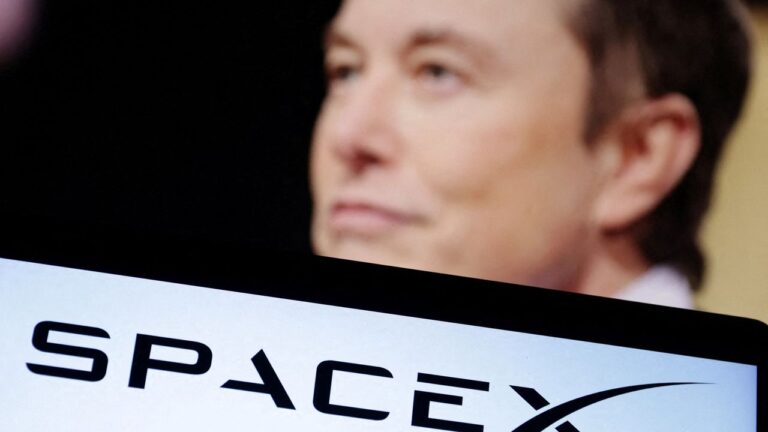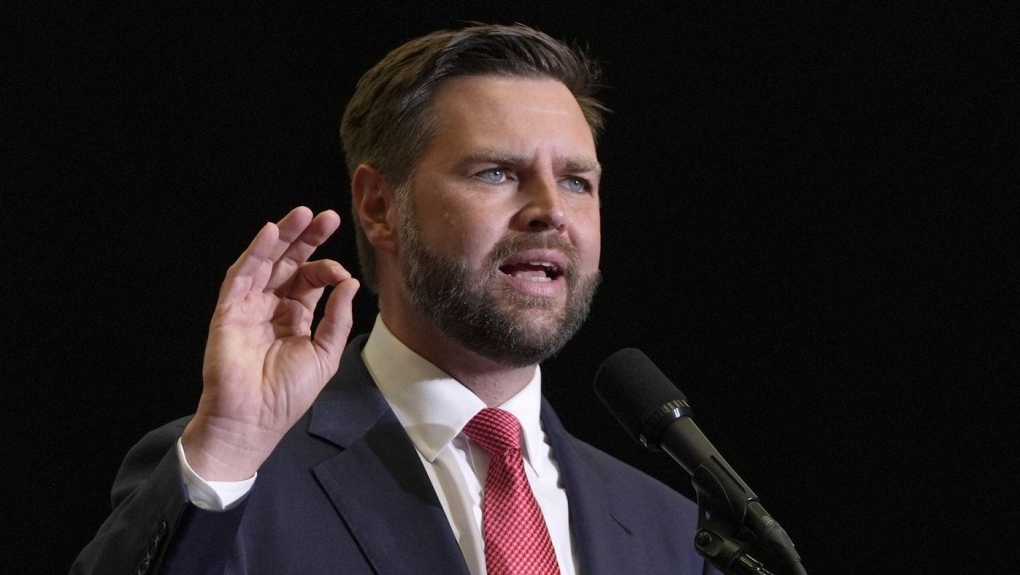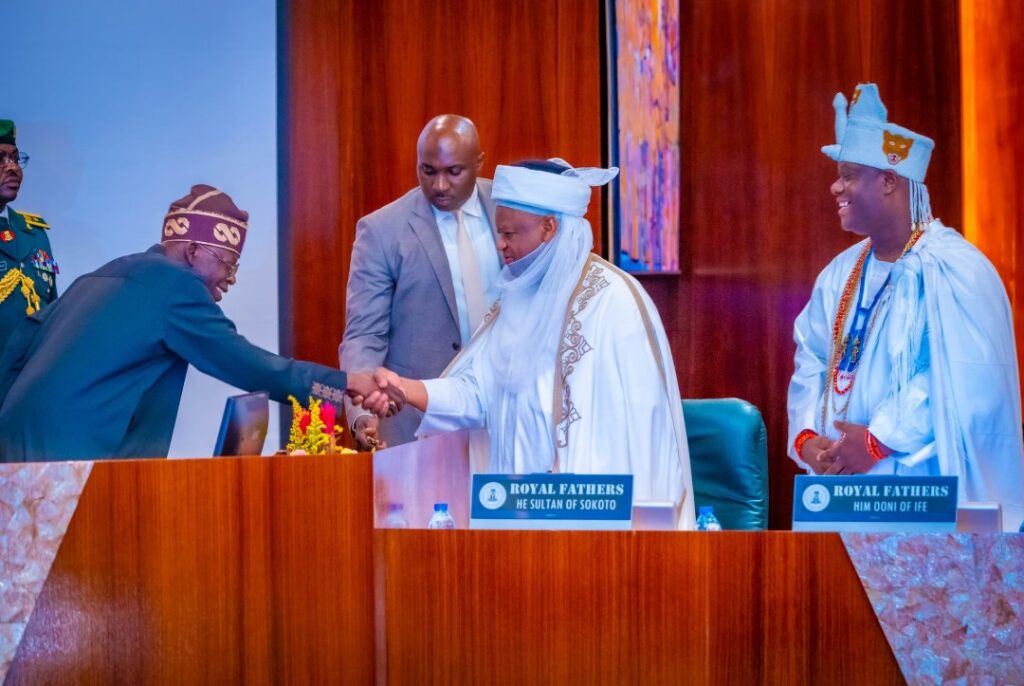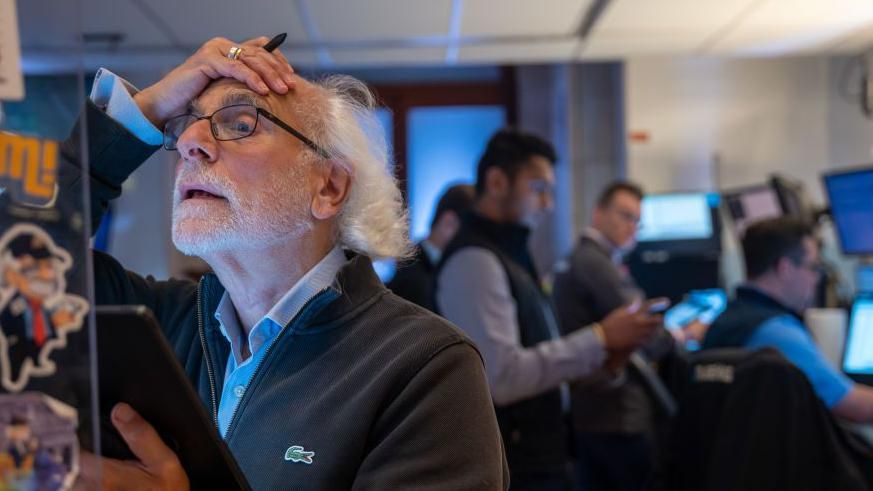Tech mogul Elon Musk has announced the relocation of his rocket company SpaceX’s legal domicile from Delaware to Texas. This move follows a recent statement by Musk, indicating that Tesla shareholders would vote on a similar shift for the electric carmaker. Neuralink, Musk’s brain-chip implant venture, has also completed the legal move to Nevada.
Last month, a Delaware judge invalidated Musk’s $55.8 billion pay package from Tesla. Musk has further advised other companies to consider moving away from Delaware. In a post on his social media platform X, Musk stated, “SpaceX has moved its state of incorporation from Delaware to Texas!” He recommended a prompt relocation for companies still incorporated in Delaware. Notably, Delaware is home to many major US corporations due to its favorable tax environment, including giants like Amazon.
On January 30, Judge Kathaleen McCormick rendered a decision regarding Tesla’s monumental pay package negotiated for CEO Elon Musk in 2018. The judge remarked that Tesla directors, under the sway of Musk’s “superstar appeal,” might have been overly optimistic and failed to provide shareholders with complete information. Judge McCormick characterized the deal as “unfathomable” and ordered its cancellation.
The pay package in question was the largest in the history of US corporate compensation, contributing significantly to Musk’s ascension as the wealthiest individual globally. With an estimated net worth of approximately $200 billion, Musk’s financial standing has reached unprecedented heights.
The judge’s ruling underscores the importance of transparency and accountability in corporate governance, emphasizing the need for comprehensive disclosure and informed decision-making processes, particularly concerning executive compensation arrangements.
A shareholder lawsuit has successfully challenged Tesla CEO Elon Musk’s staggering $55.8 billion pay package, which was intricately linked to the company’s performance metrics, including share price and profitability. Musk, known for forgoing a traditional salary, faced criticism over what some perceived as an excessive compensation arrangement.
The legal action was initiated by shareholder Richard Tornetta, who contended that Musk’s remuneration was an unjustifiable overpayment. The court’s decision, delivered by Judge Kathaleen McCormick, highlighted concerns about the negotiations surrounding Musk’s compensation package in 2018.
The unique structure of Musk’s pay package, while tied to Tesla’s financial success, raised eyebrows due to its sheer magnitude, making it a focal point in the ongoing debate about executive compensation ethics. This legal development may have broader implications for corporate governance practices and the scrutiny of executive pay arrangements.



























